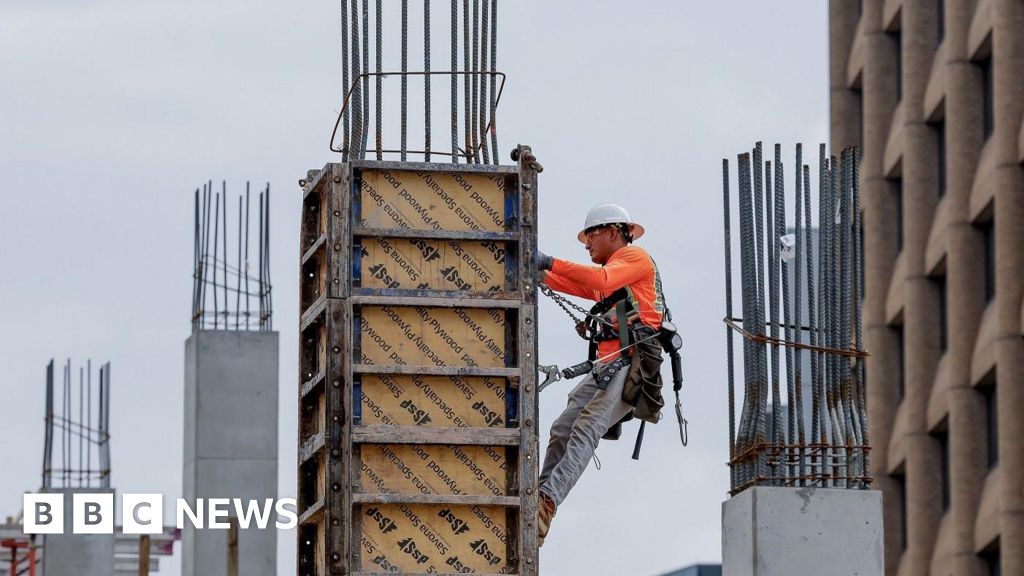ARTICLE AD BOX
 Image source, Getty Images
Image source, Getty Images
By Andy Verity
BBC Economics correspondent
Israel says it is investigating claims that some investors may have known of Hamas's attack on Israel before it took place on 7 October.
An academic study suggests investors betting against the Israeli economy may have made large sums.
Researchers found significant short-selling in the run-up to the attacks.
Short-selling is when investors try to make money on shares, bonds or other financial instruments that they think will fall in price.
They arrange to sell shares they do not yet own at the current price, hoping to buy them later at a cheaper price before the shares change hands, so they can then bank the difference.
"Days before the attack, traders appeared to anticipate the events to come," say researchers Robert Jackson Jr from New York University and Joshua Mitts of Columbia University.
They said the short-selling "far exceeded the short-selling that occurred during numerous other periods of crisis, including the recession following the financial crisis, the 2014 Israel-Gaza war, and the Covid-19 pandemic".
The researchers said they had identified a dramatic increase in investors seeking to sell shares in Israeli companies on the Tel Aviv Stock Exchange.
They also noted a spike in selling activity in an investment that tracks movements in Israeli shares known as an Exchange Traded Fund (ETF).
ETFs are funds that can be bought and sold which invest in a pool of underlying shares. They typically track the movements in an index such as the FTSE 100 or Dow Jones, allowing investors to buy or sell a whole class of assets - in this case, Israeli companies.
The study said short-selling activity in the MSCI Israel Exchange Traded Fund "suddenly, and significantly, spiked" on 2 October, based on data from the US financial watchdog, the Financial Industry Regulatory Authority.
In a 66-page report, they added that: "Just before the attack, short-selling of Israeli securities on the Tel Aviv Stock Exchange increased dramatically."
In response, the Israel Securities Authority said: "The matter is known to the authority and is under investigation by all the relevant parties."
The study said that 4.43 million new shares in Leumi, Israel's largest bank, were short-sold between 14 September and 5 October period, yielding profits of 3.2bn shekels ($862m; £684m).
"Our findings suggest that traders informed about the coming attacks profited from these tragic events, and consistent with prior literature we show that trading of this kind occurs in gaps in US and international enforcement of legal prohibitions on informed trading," the study said.

 1 year ago
38
1 year ago
38








 English (US) ·
English (US) ·